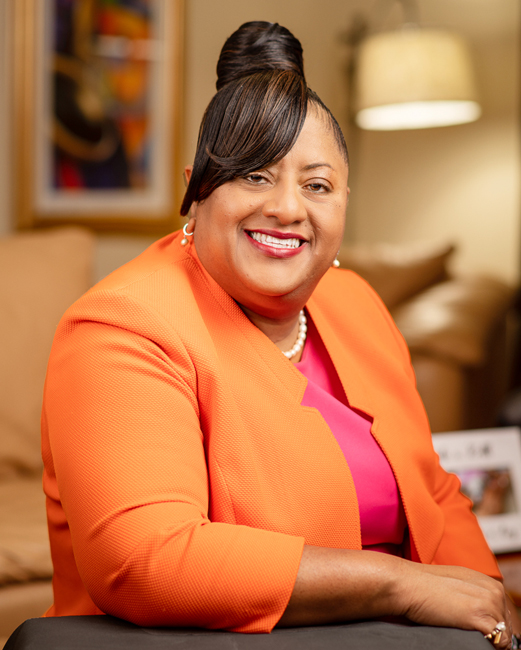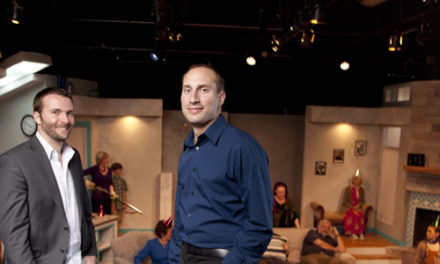
by CARMEN SIERING
Growing up, Markay Winston, assistant superintendent of curriculum and instruction for the Monroe County Community School Corporation (MCCSC) since 2017, saw educational inequity firsthand. “Living in Iowa, I didn’t see many children who looked like me,” Winston says, “and certainly not many teachers who looked like me.”
That made a lasting impact. Winston, 55, thought she might become a teacher, but instead became an instructional school psychologist, ultimately earning a Ph.D. in school psychology and counseling. She believes strongly in the value of public schools and has held positions at Cincinnati Public Schools as director of student services and at Chicago Public Schools—the third largest school system in the country—as chief officer of diverse learners.
“I believe deep in my soul that we have an obligation and opportunity to do right by every child, and that is the beauty of public education,” Winston says. “We get to help them thrive and develop in an equitable manner.”
As Winston sees it, facing inequities in society is one of the roles public education should play. In 2019, with racial tensions rising in Bloomington, the MCCSC began offering the Real Talk Critical Discussion Series for students.
“Fast forward to the pandemic, to George Floyd,” she says. “People asked, ‘How do we talk about this?’ I, personally, was grappling with it. I couldn’t deal with the knee on the neck and feeling traumatized and retraumatized. And then I was thinking about the children.”
Winston says she and her team decided the answer was to create a virtual Real Talk Summer Series for parents and students.
“It was one of the most exciting things we’ve done,” Winston says. “Kids are amazing. They just put it on the line and say what has to be said. Their questions were heartfelt. They would ask, ‘What does this mean for me? I’m a Black kid and I’m nervous when my dad leaves the house.’ I walked away thinking, ‘Our children get it. Our future is going to be better because of them.’”
The future looks brighter, too, Winston says, because of Kamala Harris taking her place as vice president: “Representation matters. This little Black girl, who grew up in Iowa, who had so few children who looked like her in school, is very proud.”










